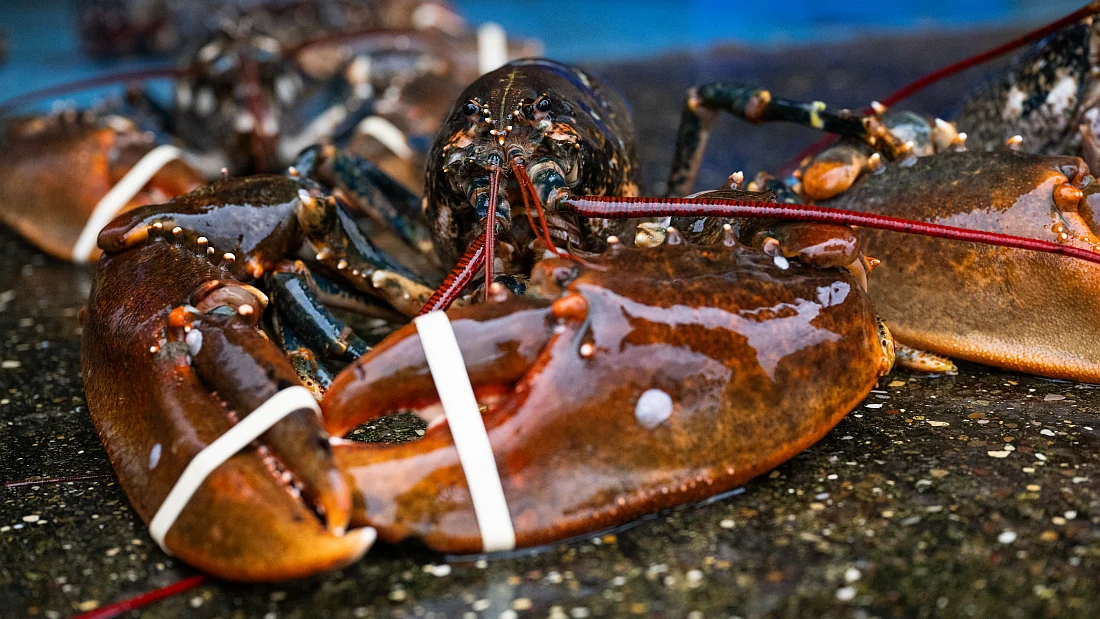Salt linked to gastric cancer
Scientists have known for some time that a high-salt diet may increase the risk of gastric cancer. New research shows just how this might occur. The so-called ‘ulcer bug’ H. pylori lives in the stomach of around 50 per cent of people and accounts for up to 85 per cent of ulcers. It may also increase the risk of gastric cancer. This study suggests that salt provokes this bug to produce harmful substances that could lead to gastric cancer. Too much salt in the diet also causes high blood pressure and is a major cause of heart attacks and stroke. The government say adults should eat no more than six grams of salt a day. Use herbs and spices instead for flavour.
Whitmire JM, Gancz H and Merrell DS. 2007. Balancing the double-edged sword: metal ion homeostasis and the ulcer bug. Current Medicinal Chemistry. 14 (4) 469-478.




